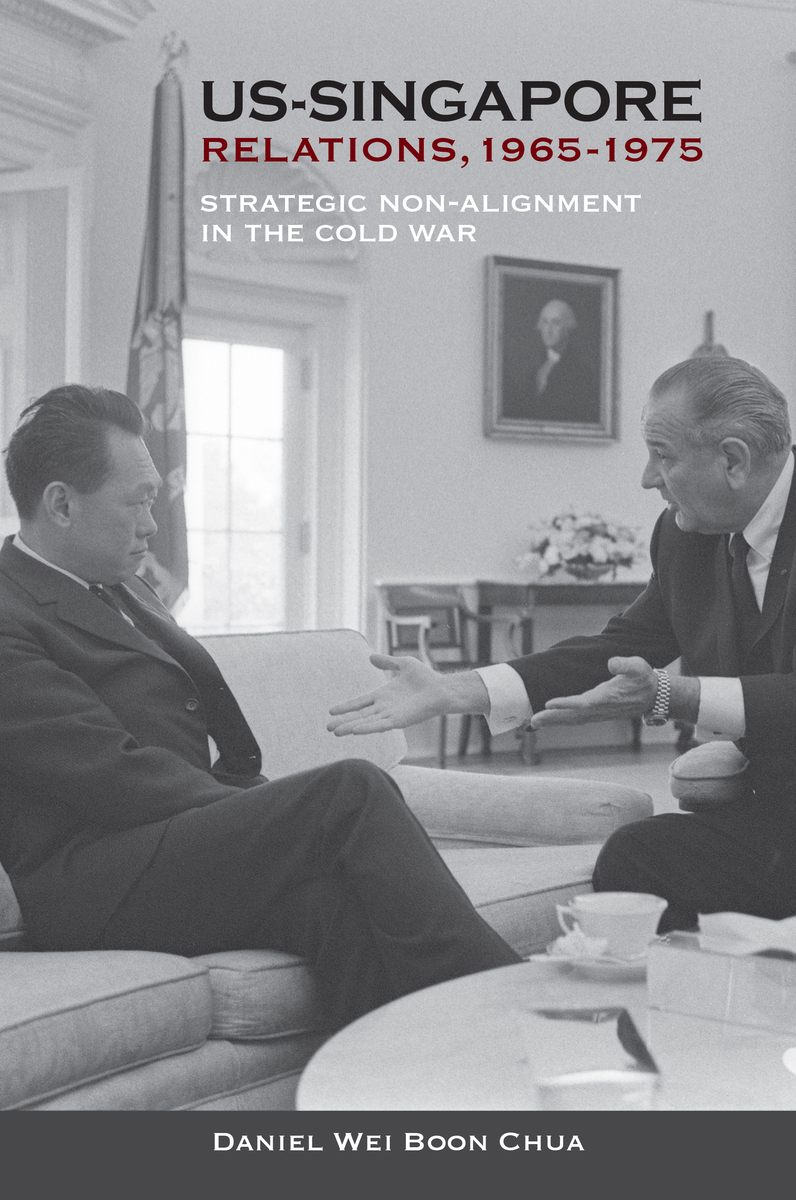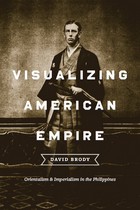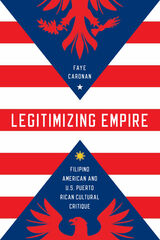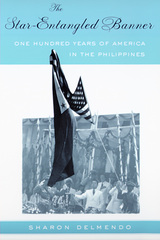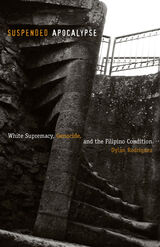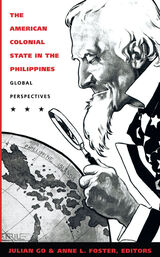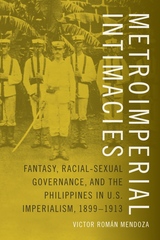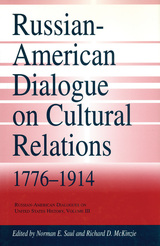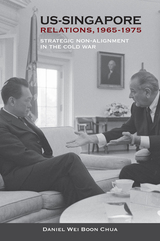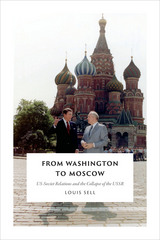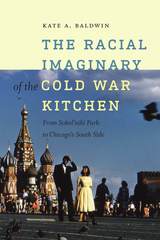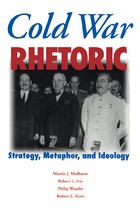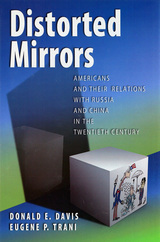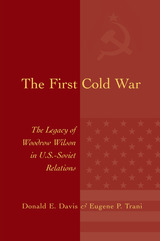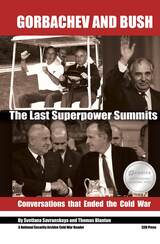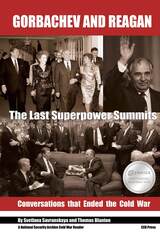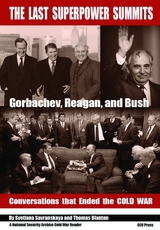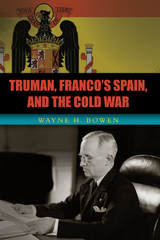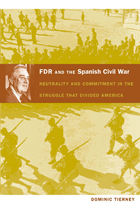US-Singapore Relations, 1965-1975: Strategic Non-alignment in the Cold War
National University of Singapore Press, 2017
Paper: 978-981-4722-32-2
Library of Congress Classification E183.8.S55C48 2017
Dewey Decimal Classification 327.7305957
Paper: 978-981-4722-32-2
Library of Congress Classification E183.8.S55C48 2017
Dewey Decimal Classification 327.7305957
ABOUT THIS BOOK | AUTHOR BIOGRAPHY
ABOUT THIS BOOK
During the Vietnam War, the newly-independent Singapore struck the position of being non-aligned. It maintained an anti-communist stance while, at least initially, criticizing the United States’ intervention into Vietnam. Yet Singapore might not have achieved its post-colonial success so rapidly without the support of the United States. As the war in Vietnam raged on, Singapore became a critical refueling point, also providing ship and aircraft repair for the US military. Commercial and strategic support from the United States lifted Singapore out of the economic doom predicted for the city-state after secession from Malaysia. Without this strategic and economic assistance, Singapore’s history might have been different. By considering the importance of the role of the United States in Singapore’s nation-building, this book provides an important supplement to the well-trodden narrative that attributes Singapore’s success solely to good governance.
See other books on: Cold War | Foreign relations | Influence | Singapore | Southeast Asia
See other titles from National University of Singapore Press
